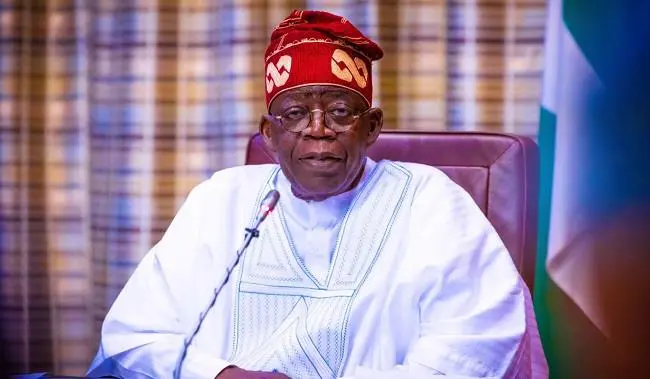President Bola Tinubu has called on global leaders to take immediate action on the climate crisis, emphasizing that the time to act is now, not in the future. Speaking from Abuja during a virtual dialogue co-hosted by UN Secretary-General António Guterres and Brazilian President Luiz Inácio Lula da Silva, Tinubu highlighted the need for collective, strong leadership in addressing climate change while driving economic growth. In his statement, Tinubu made it clear that for Nigeria, climate action is not seen as a burden but as a crucial part of the development strategy.
Tinubu shared details of Nigeria’s Energy Transition Plan (ETP), which aims for net-zero emissions by 2060 across various sectors, including power, cooking, transportation, oil and gas, and industry. The plan is expected to require $410 billion in investments by 2060. He emphasized that Nigeria is aligning its regulatory environment, fiscal policies, and institutional frameworks to ensure energy access, decarbonization, and economic competitiveness progress simultaneously.
In addition, Tinubu spoke about Nigeria’s involvement in the Mission 300 initiative, which seeks to electrify 300 million Africans by 2030. He also highlighted the National Energy Compact for expanding clean energy solutions. As part of Nigeria’s climate strategy, Tinubu announced the Nigeria Carbon Market Activation Policy, which aims to unlock $2.5 billion by 2030. Furthermore, he revealed plans to revise Nigeria’s Nationally Determined Contributions (NDCs) by September 2025.
Tinubu emphasized that Nigeria’s climate strategy goes beyond planning and regulations. The country is positioning itself as an attractive destination for climate-smart investments through a Global Climate Change Investment Fund, which will support projects like green hubs, e-mobility, regenerative agriculture, and renewable mini-grids.
He also expressed gratitude to international partners like the UN and Sustainable Energy for All, praising their collaboration as an exemplary model of multilateral cooperation in addressing climate challenges.

